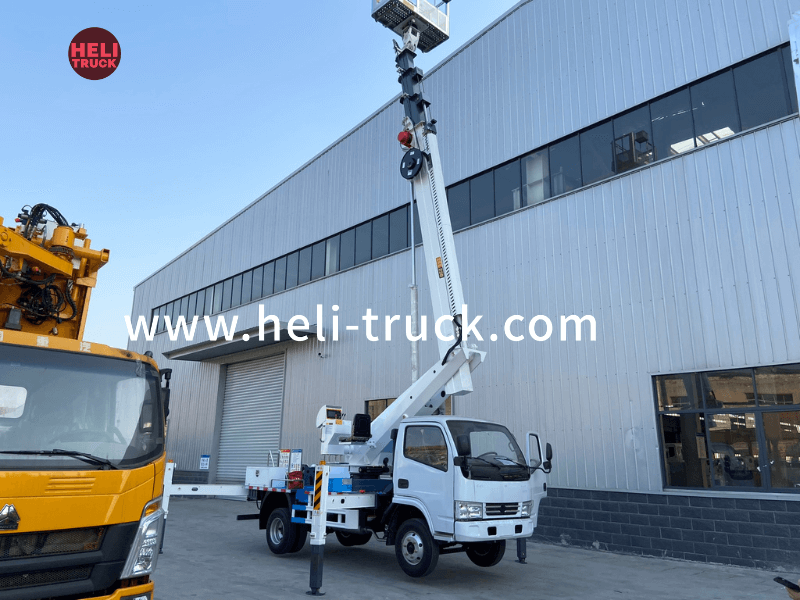Introduction

Waste management is a critical aspect of maintaining a clean and healthy environment in any setting, particularly in office buildings. As Garbage Compactor Truck government contracts of waste generated by businesses continues to rise, the need for efficient and sustainable waste disposal solutions becomes increasingly important. Garbage compactor trucks play a vital role in streamlining waste management processes in office buildings by offering a convenient and effective way to collect and transport garbage. This article explores the functions, benefits, and considerations associated with garbage compactor trucks in office building settings, highlighting their significance in promoting cleanliness, sustainability, and operational efficiency.
Functions of Garbage Compactor Trucks
Garbage compactor trucks are specially designed vehicles equipped with a hydraulic compactor mechanism that compresses waste materials to maximize the space available for storage. These trucks are commonly used for collecting and transporting various types of solid waste, including food scraps, paper, cardboard, plastics, and other recyclable materials. The compaction process significantly reduces the volume of waste, allowing for more efficient handling and disposal.
In office buildings, garbage compactor trucks typically serve multiple floors or tenants within a single complex. They are equipped with lifting mechanisms and compacting systems that enable them to collect waste from designated collection points, such as loading docks or waste storage areas. The compacted waste is then transported to designated disposal sites, such as recycling facilities or landfills, for further processing.
Benefits of Garbage Compactor Trucks in Office Buildings
There are several key benefits associated with the use of garbage compactor trucks in office buildings, including:
1. Space Efficiency: The compaction process reduces the volume of waste, enabling more waste to be stored and transported in each trip. This helps optimize storage space within the building and reduces the frequency of waste collection, leading to cost savings and operational efficiency.
2. Improved Hygiene: Garbage compactor trucks are designed to contain and seal off waste materials, minimizing odors and preventing the spread of contaminants. This helps maintain a clean and hygienic environment within the building, reducing the risk of pest infestations and health hazards.
3. Environmental Sustainability: By compacting waste materials, garbage compactor trucks promote eco-friendly waste management practices. The reduced volume of waste reduces the carbon footprint associated with transportation and disposal, contributing to environmental conservation efforts.
4. Cost-Effectiveness: Garbage compactor trucks offer a cost-effective waste management solution for office buildings by reducing labor costs, transportation expenses, and waste disposal fees. The efficiency of compaction technology helps organizations save time and resources, making waste management more economically viable.
Considerations for Implementing Garbage Compactor Trucks in Office Buildings
Before implementing garbage compactor trucks in office buildings, several considerations should be taken into account to ensure successful integration and operation:
1. Waste Composition: It is essential to assess the types and volumes of waste generated by the office building to determine the appropriate size and capacity of the garbage compactor truck. Different waste materials may require specific handling and disposal methods, so understanding the waste composition is crucial for effective waste management.
2. Space Constraints: Office buildings may have limited space for storing and maneuvering garbage compactor trucks. It is important to evaluate the available space for parking, loading, and unloading the trucks to ensure smooth operations without causing disruptions to daily activities.
3. Regulatory Compliance: Waste management regulations and guidelines vary by region and may impose specific requirements on the collection, transportation, and disposal of waste materials. Office buildings must comply with local regulations to avoid penalties and ensure environmental responsibility.
4. Maintenance and Training: Garbage compactor trucks require regular maintenance to ensure optimal performance and longevity. Proper training of staff members responsible for operating and maintaining the trucks is essential to prevent accidents, malfunctions, and downtime.
Conclusion
Garbage compactor trucks play a crucial role in enhancing waste management practices in office buildings by providing a reliable and efficient solution for collecting, compacting, and transporting waste materials. Their space efficiency, hygiene benefits, environmental sustainability, and cost-effectiveness make them valuable assets for promoting cleanliness, sustainability, and operational efficiency within office building settings. By considering factors such as waste composition, space constraints, regulatory compliance, and maintenance requirements, office buildings can effectively integrate garbage compactor trucks into their waste management strategies, contributing to a cleaner and healthier work environment for occupants.
